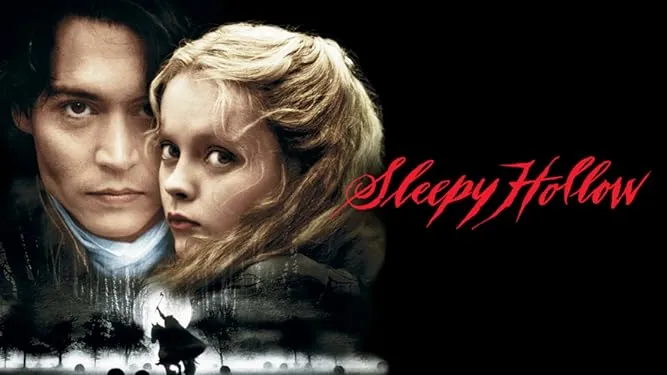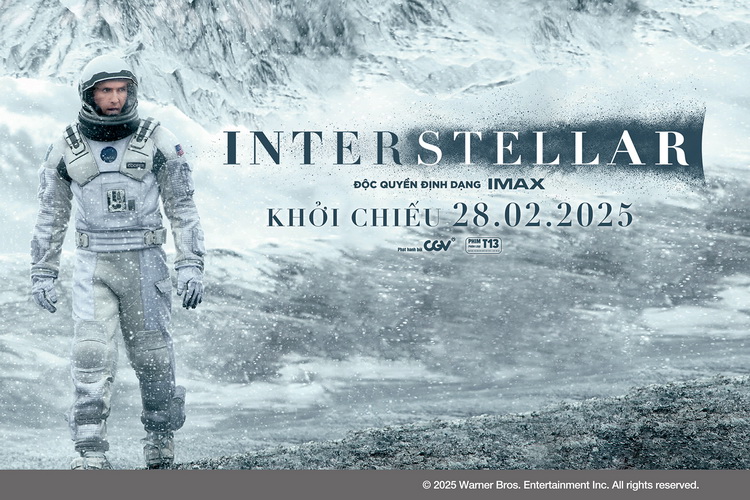Looper (2012): A Smart and Stylish Sci-Fi Thriller Exploring Time Travel and Moral Complexity
Looper is a 2012 science fiction thriller directed and written by Rian Johnson that offers a fresh and gripping take on the time travel genre. Combining inventive storytelling with strong performances and stylish visuals, the film explores themes of fate, identity, and the ethical dilemmas of altering the future.
Set in the year 2044, Looper introduces a dystopian world where time travel exists but is illegal and only available on the black market. In this society, criminal organizations send targets back in time to be killed by specialized assassins called “loopers.” These loopers eliminate the victims without leaving any evidence, ensuring the criminals’ operations remain hidden. Joseph Gordon-Levitt stars as Joe, a looper who efficiently carries out these assignments—until he faces a shocking mission: to kill his future self.
The older version of Joe, played by Bruce Willis, has been sent back from the year 2074 for execution. However, instead of accepting his fate, the older Joe escapes, setting off a tense cat-and-mouse chase that forces the younger Joe to confront the consequences of his actions. This central conflict drives the narrative, blending thrilling action sequences with deep philosophical questions about destiny, sacrifice, and the possibility of change.
Rian Johnson’s direction balances complex ideas with engaging storytelling. The film’s script smartly avoids many of the common pitfalls of time travel narratives, delivering a coherent and emotionally resonant story. Themes of redemption and the cyclical nature of violence are woven throughout, as Joe grapples with protecting those he loves while trying to break free from the predetermined path set by his future self.

Visually, Looper presents a gritty and atmospheric future world. Cinematographer Steve Yedlin uses muted color tones and practical effects to create a believable, lived-in environment. The film’s action scenes are intense yet grounded, with choreography that emphasizes tension and character over spectacle alone.
The performances are a standout feature. Joseph Gordon-Levitt’s portrayal of young Joe is nuanced and compelling, notably enhanced by subtle makeup and digital effects to resemble a younger Bruce Willis. Willis delivers a gritty and world-weary older Joe, embodying the emotional weight of a man desperate to change his fate. Supporting roles by Emily Blunt, who plays Sara—a resourceful and caring woman protecting her son—and Paul Dano add depth and emotional stakes to the story.

Looper was both a critical and commercial success, praised for its originality, complex characters, and thoughtful approach to science fiction. It sparked discussions about the ethical implications of time travel and the nature of free will, appealing to both genre fans and broader audiences.
In summary, Looper (2012) is a smart, stylish, and emotionally engaging sci-fi thriller that challenges viewers with its inventive plot and moral complexity. Its blend of action, suspense, and thoughtful storytelling makes it a standout film in the realm of time travel cinema, solidifying Rian Johnson’s reputation as a visionary filmmaker.

